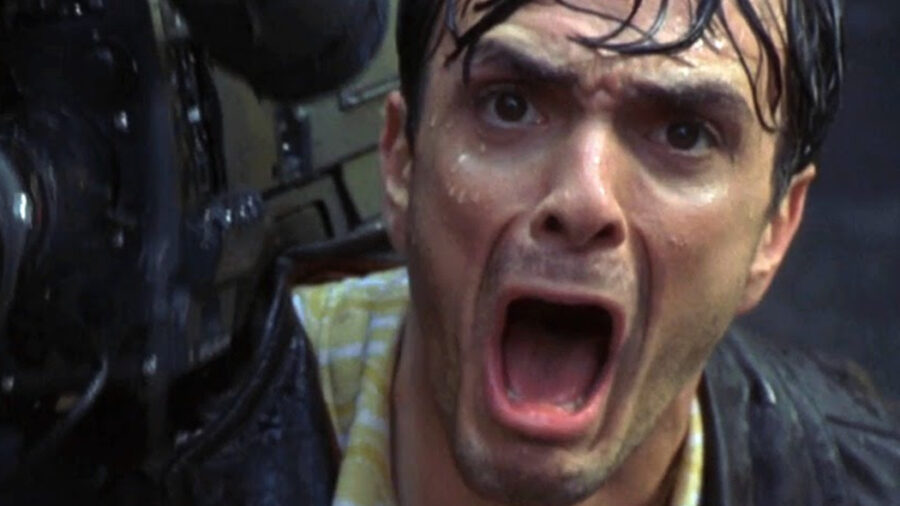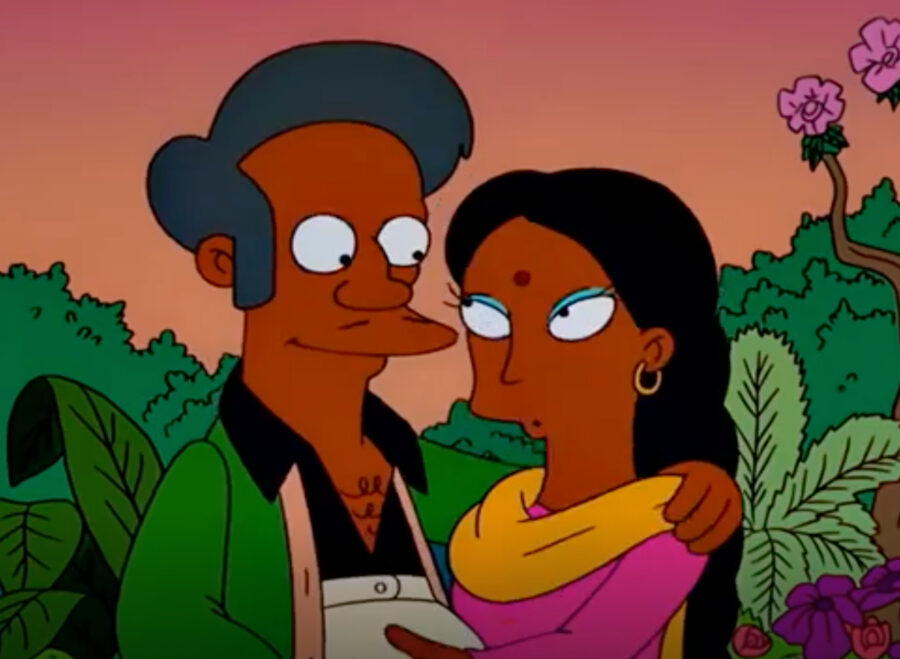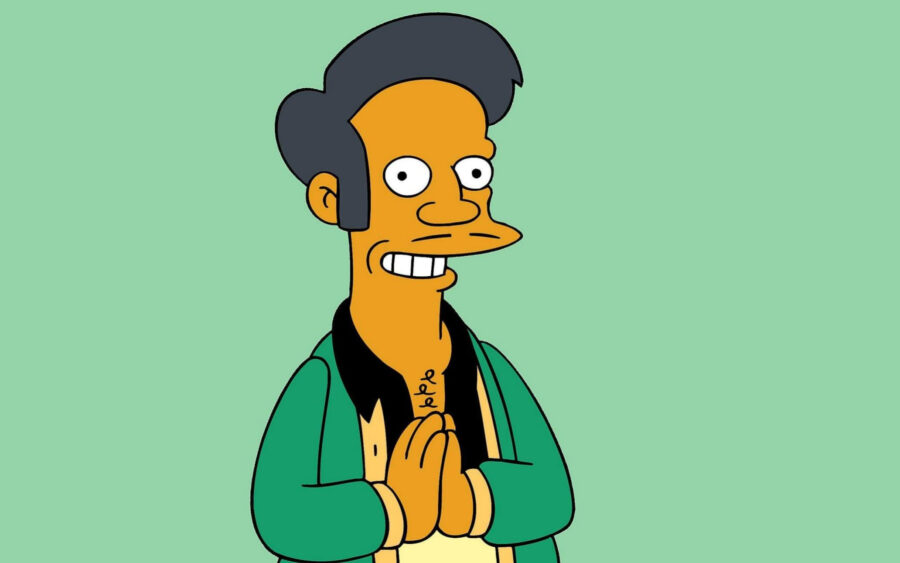Hank Azaria Apologizes For Racist Portrayal On The Simpsons
Hank Azaria has made a formal apology for his portrayal of a certain character on The Simpsons.
This article is more than 2 years old

If you’ve seen The Simpsons, you will know that one of the show’s recurring characters, Apu, represents a hurtful stereotype. Now, Apu’s voice actor, Hank Azaria, is apologizing for helping feed systemic racism by portraying the character for so many years.
On the most recent episode of the popular Armchair Expert podcast (via Deadline), The Simpsons actor Hank Azaria offered an apology for portraying Simpsons staple Apu Nahasapeemapetilon. He says the portrayal is a symptom of “structural racism” and acknowledged his role in popularizing and perpetuating harmful stereotypes. He also apologized to the podcast’s Indian-American co-host, Monica Padman, lamenting the fact that he did not abandon the role sooner. “I’ve had a date with destiny with this thing for about 31 years,” Azaria said. “Part of me feels like I need to go around to every single Indian person in this country and personally apologize, and sometimes I do when it comes up.”
Hank Azaria’s apology comes over a year after he revealed to Slashfilm that he would be stepping away from the role. He has voiced Apu since the character’s first appearance in 1990 and will continue to lend his talents to other Simpsons favorites, such as Moe Szyslak, but his days as this specific character are officially over. And it does not seem like he misses the character one bit.

In 1988, Hank Azaria was asked if he could do an Indian accent. He could, and his “skill” helped him land the part of Apu. It was not until Hari Kondabolu’s 2017 documentary The Problem With Apu was released that Azaria felt the need to quit voicing the character. The documentary made viewers aware of the scope and scale of the harmful affect the depiction has had on so many people over the years.
Additionally, Hank Azaria wants white actors to stop voicing non-white characters. Period. He says that this kind of shift has the potential to usher in a new era of authentic representation in animation, something that for years was not a thing. He recognized his role in spreading hateful ideas about certain groups of people, saying that just because Apu was not created with bad intentions does not mean severe harm wasn’t done. He is absolutely right that good intentions don’t always lead to good outcomes, and it is nice to see him stepping up to speak out against structural racism.
The very foundation of the show’s depiction of Apu is built on racist trends. Hank Azaria did, after all, model his performance off of Peter Sellers’s problematic appearance in the 1968 film The Party. That severely outdated comedy has also come under fire in recent years for its racist creative choices, most specifically with the movie’s use of “brownface.”

Hank Azaria’s apology is refreshing, and it could absolutely set a precedent for others looking to say something. We seem to live in an age where Hollywood stars prefer to double down on their hateful views rather than own up to their mistakes. It can be extremely disheartening at times, but Azaria coming forward with a sincere apology and a blueprint for how the industry can do better is a huge step in the right direction. Hopefully, his actions will inspire others to take some accountability and push for positive change in an industry that desperately needs it.











